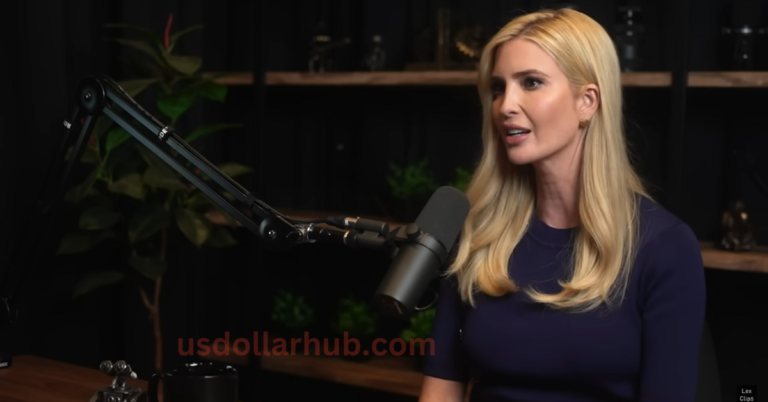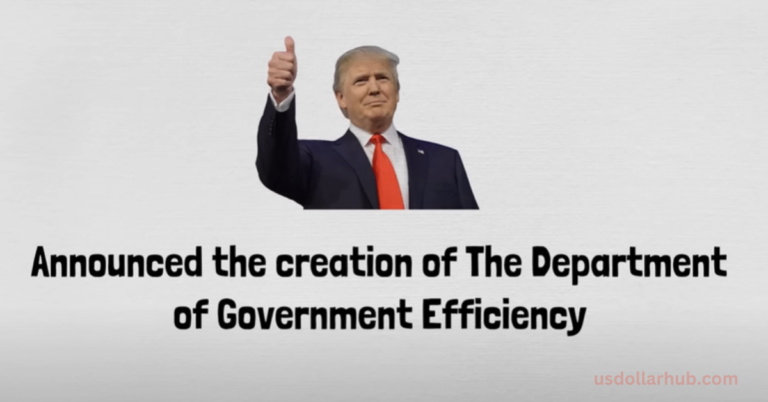Stocks Surge After Trump Wins, But Will It Last? 100%
A Surge in Stock Prices Post-Trump Election– Trump Wins
The U.S. stock market experienced a remarkable surge following Donald Trump’s election win, with the Dow Jones Industrial Average soaring over 1,400 points in a dramatic post-election rally. But while the initial reaction has been largely positive, many investors are asking: will this growth be sustained?
In this blog post, we explore the economic factors driving this rally, how Trump’s fiscal policies could impact long-term growth, and what the Federal Reserve’s role will be moving forward. We’ll also take a closer look at how the strong dollar and shifts in gold prices are influencing market trends.

Understanding the Market Surge Post-Trump Victory
What Happened in the Markets After Trump’s Election?
Following the announcement of Donald Trump’s victory, the stock market responded swiftly. The Dow Jones Industrial Average jumped by more than 1,400 points—a notable increase in such a short period. This rise has been attributed to market optimism fueled by expectations of more accommodative fiscal policies under the Trump administration.
Experts suggest that this surge is driven by the anticipation of tax cuts, deregulation, and increased government spending. Accommodative fiscal policies are expected to provide a much-needed boost to a U.S. economy that is already growing at a stable rate of 2-3%.
Strong Economic Indicators and Their Role in the Rally
Before diving into the political factors influencing the market, it’s important to consider the existing strength of the U.S. economy. With unemployment rates at historic lows and growth rates remaining steady, the foundation for a robust economic environment is already in place.
- Economic Growth: The economy is currently expanding at a rate of 2-3%, which, combined with accommodative fiscal policies, could propel it forward even more rapidly.
- Unemployment: With the U.S. unemployment rate close to multi-decade lows, the labor market is strong, providing optimism for future economic expansion.
- Monetary Policy: The Federal Reserve’s policies also play a role in maintaining economic momentum. Despite concerns about rising long-term interest rates, the Fed’s stance on short-term rate cuts continues to support financial conditions.
These positive economic indicators combined with Trump’s proposed policies have created an ideal environment for a market rally.
Our Latest Post on US Dollar: Click Here
The Federal Reserve’s Role: Navigating Fiscal and Monetary Policies
How Will the Fed Respond to Trump’s Fiscal Policy?
A critical question facing investors is how the Federal Reserve will respond to the new fiscal policies introduced under Trump. Historically, fiscal policy changes, such as tax cuts and government spending, can lead to inflationary pressures. When this happens, the Federal Reserve typically increases interest rates to keep inflation in check.
However, some analysts suggest that the Fed may take a more cautious approach due to the lags in economic data. While inflation indicators like the core PCE (personal consumption expenditures) index are running above the Fed’s target, there’s little immediate concern, and the Fed may not take action until mid-2025.
- The Easing Cycle: The Federal Reserve’s current approach is to maintain its easing cycle, cutting short-term rates to stimulate economic activity. Even with potential fiscal policy changes, it seems unlikely that the Fed will suddenly tighten conditions.
This dynamic between fiscal policy and the Fed’s monetary actions is key to understanding the sustainability of the stock market rally. If the Fed continues its accommodative stance, the stock market could enjoy further growth.
The Role of a Strong Dollar and Interest Rates in Market Movements
A significant factor driving market trends is the rise of the U.S. dollar, which has appreciated against other developed currencies. Along with a surge in U.S. interest rates, this strong dollar is placing downward pressure on commodities like gold, which have traditionally been a safe-haven asset.
- Gold Prices: Following the election, gold prices saw a decline, mainly due to the stronger dollar and rising U.S. interest rates. Investors are adjusting their expectations, pricing out the risk premium associated with holding gold.
- Stock Market vs. Commodities: The stronger dollar and higher interest rates have made gold less attractive, but they are part of a broader trend that benefits U.S. equities. Stocks tend to perform better when the dollar is strong and interest rates are rising, as it signals investor confidence in the U.S. economy.
Will the Rally Last? Key Factors to Watch
What Impact Will the 2024 Congressional Races Have on the Market?
One of the key elements that will influence the sustainability of this stock market rally is the outcome of the 2024 congressional races. The possibility of a Republican sweep could create a scenario where fiscal policies are enacted quickly and more aggressively, potentially further boosting the stock market.
Conversely, if Democrats hold onto the House, it may temper some of the enthusiasm in the markets. A divided government could limit the scope of fiscal policy changes, slowing down the momentum that has been driving the market.
- Republican Sweep: A Republican sweep would likely lead to a more robust implementation of Trump’s policies, including tax cuts and deregulation, further driving the stock market.
- Democratic Control of the House: A divided government could result in a more cautious approach, leading to less market volatility but potentially slower economic growth.
These political factors are crucial in determining whether the current stock market rally will have legs or if it will fizzle out as the new administration faces political gridlock.
The Broader Market Outlook: What Investors Need to Know
Stock Market Trends Under Different Presidential Administrations
Historically, the stock market has performed well under both Republican and Democratic administrations. It is often believed that presidential policies have less of an impact on stock market performance than other factors such as global economic conditions, interest rates, and corporate earnings.
However, the market’s initial positive response to Trump’s victory could reflect investor sentiment that pro-growth policies will dominate. The long-term sustainability of this growth will depend on the balance between fiscal stimulus and Federal Reserve action.
FAQs
- Why did stocks surge after Trump’s election win? The surge was driven by expectations of accommodative fiscal policies such as tax cuts, deregulation, and increased government spending, which fueled optimism about economic growth.
- How does the Federal Reserve influence the stock market? The Federal Reserve influences stock market performance by adjusting interest rates and implementing monetary policies to control inflation and promote economic stability.
- What role does a strong dollar play in the market? A strong dollar tends to boost U.S. equities by making American exports more expensive and reducing the profitability of companies reliant on international markets. It also makes gold less attractive as an investment.
- Will Trump’s fiscal policies continue to drive market growth? Trump’s fiscal policies, including tax cuts and deregulation, are expected to provide a boost to the stock market, though their long-term effects depend on the pace of implementation and potential congressional challenges.
- How does a divided government affect the stock market? A divided government may slow down policy changes and economic reforms, potentially leading to more market volatility and uncertainty as investors adjust to the lack of a clear direction.
- Is the rise in interest rates bad for stocks? Rising interest rates can be negative for stocks in the short term by increasing borrowing costs for businesses and consumers. However, if the rate hikes are due to strong economic growth, stocks may continue to rise despite higher rates.
- What is the outlook for gold prices? As the U.S. dollar strengthens and interest rates rise, gold prices could face downward pressure as investors move towards more interest-bearing assets like stocks and bonds.
Conclusion
The Trump victory stock market surge has raised questions about whether this growth will continue. While the initial optimism driven by fiscal policy changes and strong economic fundamentals is undeniable, the sustainability of this rally will depend on the ongoing actions of the Federal Reserve and political dynamics, especially the 2024 elections.
Investors should stay informed about the potential impacts of fiscal policy changes and interest rate adjustments, as these will play a significant role in shaping the market’s future trajectory.
Disclaimer: This article is for informational purposes only and should not be construed as financial advice. Always conduct your own research or consult with a financial advisor before making investment decisions.
for More Valuable Info-Click here






